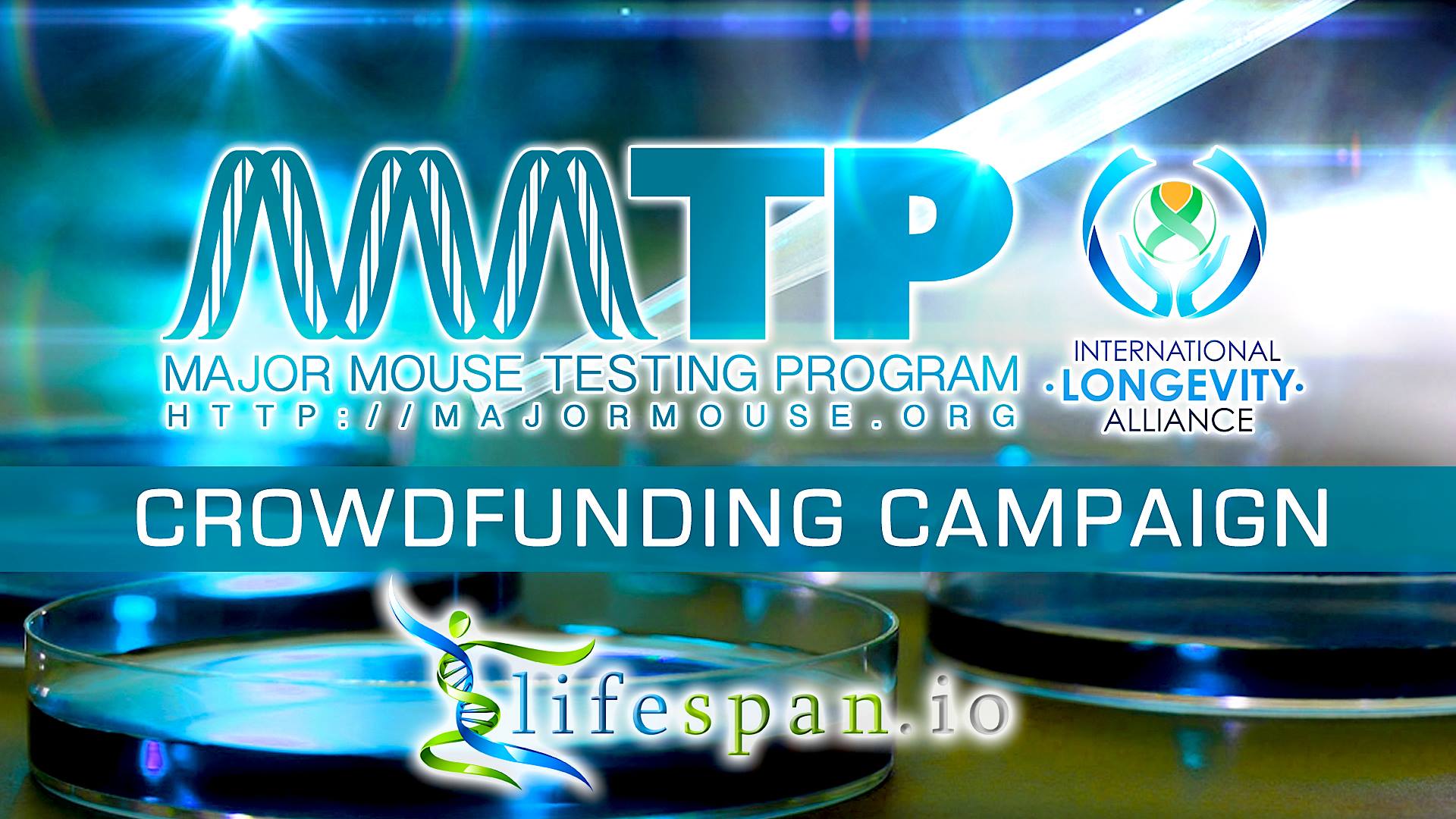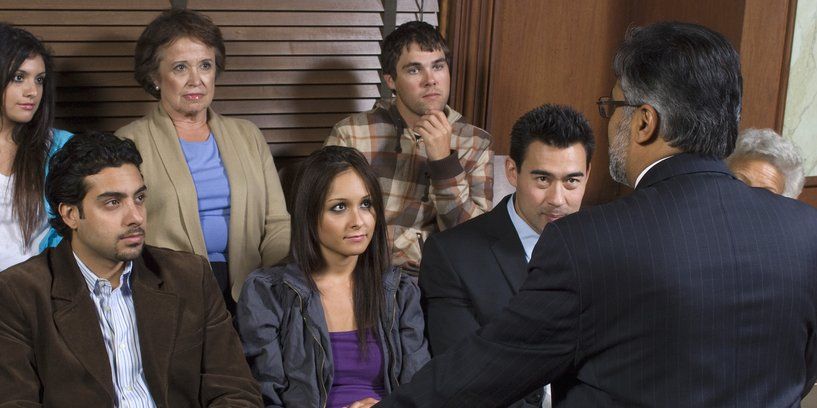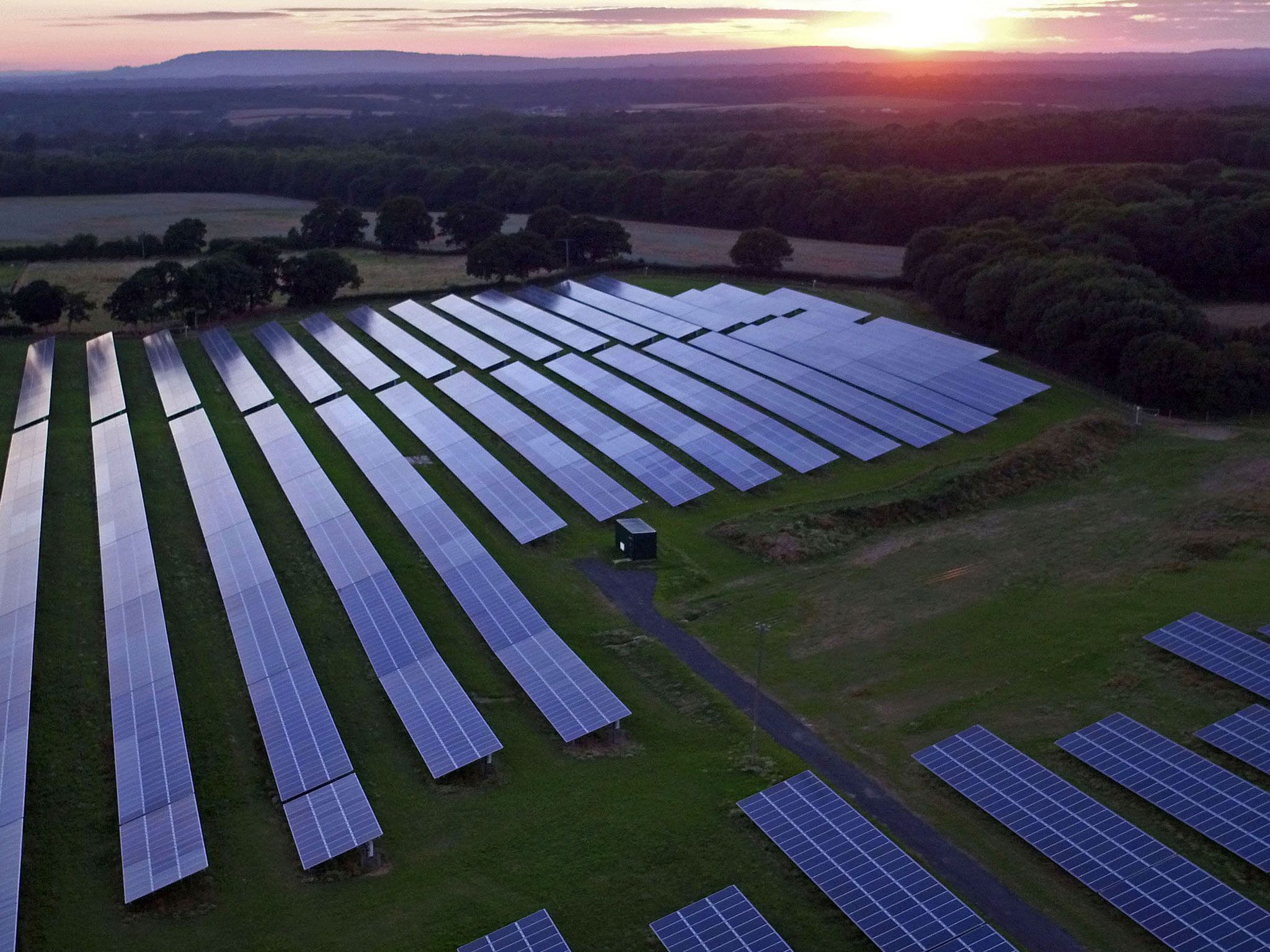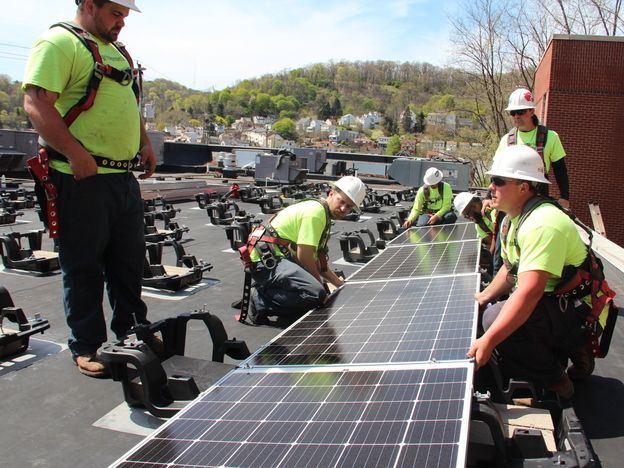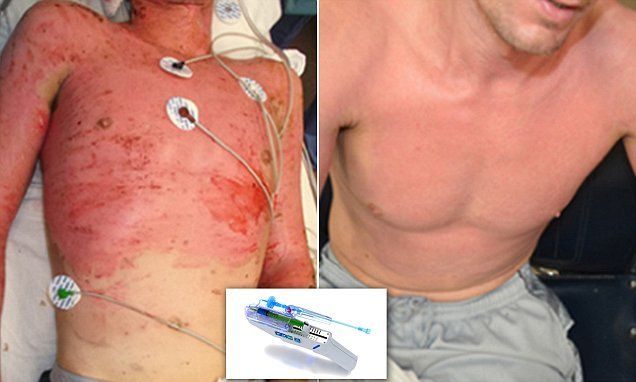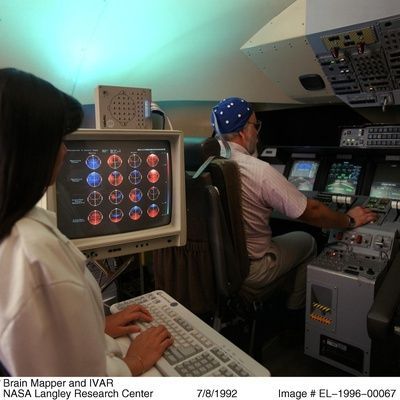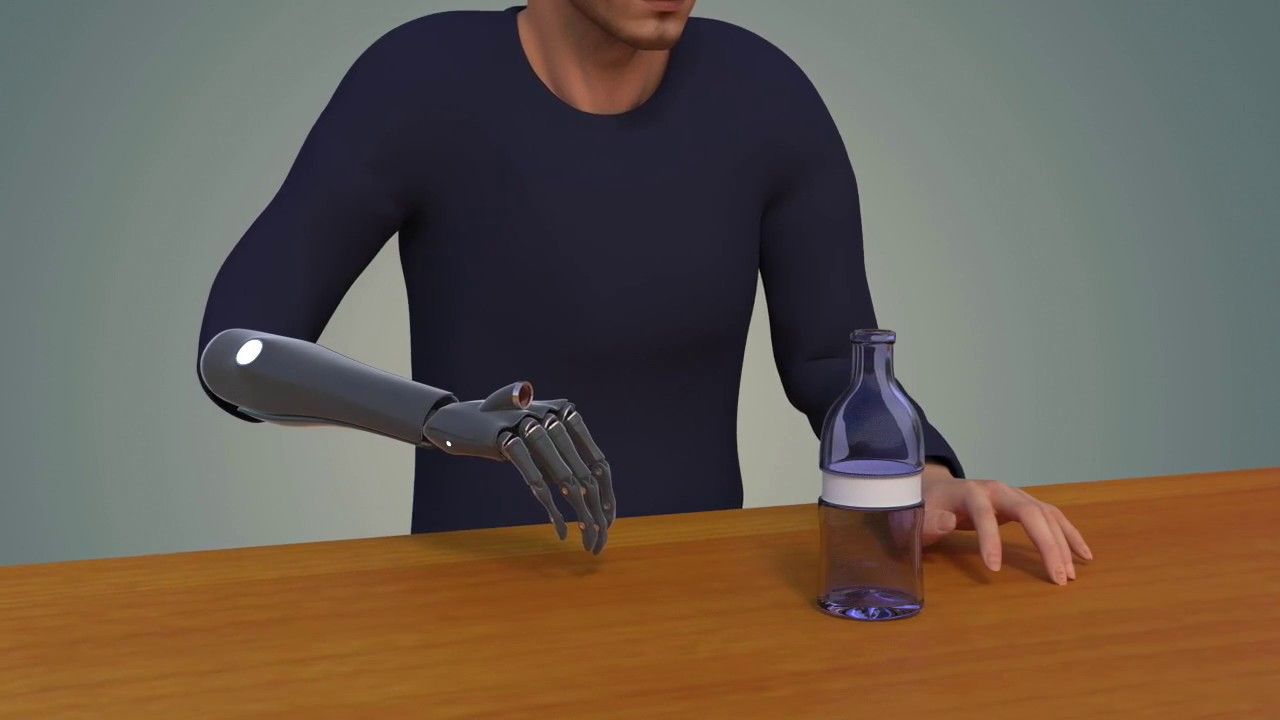The major mouse testing pogram is organizing a special 1.5 hour long longevity panel with Dr. Alexandra Stolzing, Dr. Aubrey de Grey and other guests in early June. This was one of the rewards for their campaign on Lifespan.io last year.
They are asking the community to suggest questions to ask Dr. Stolzing and Dr. de Grey so head on over there if you would like to ask them something and maybe it will make the show. The show will be broadcast live on Facebook and the dates will be announced shortly.
We hope to lifestream the science panel to facebook in June and will confirm the time and date shortly.
The longevity panel was one of the rewards for donating to our fundraiser last year on Lifespan.io and we are very excited about bringing this to our supporters soon.
